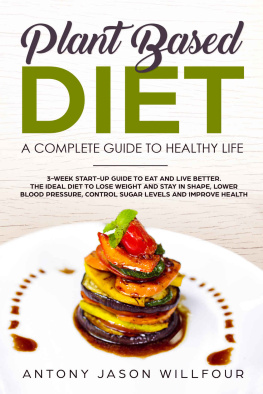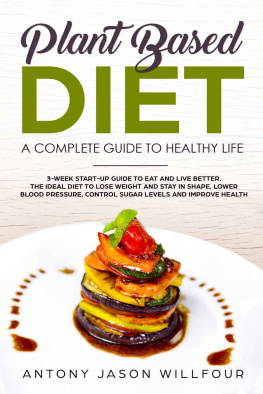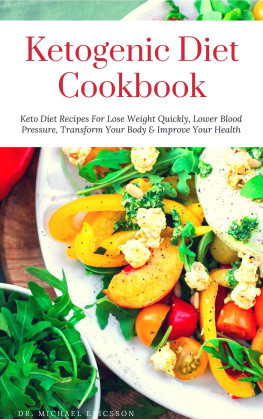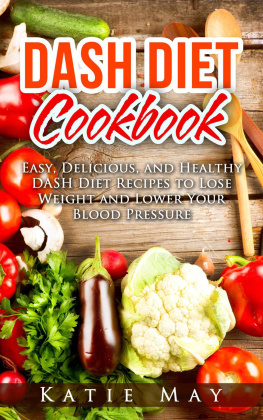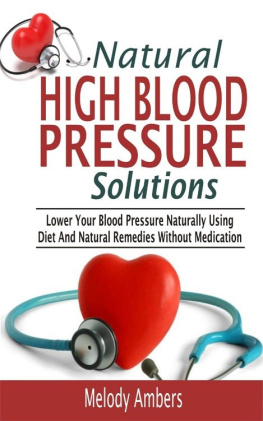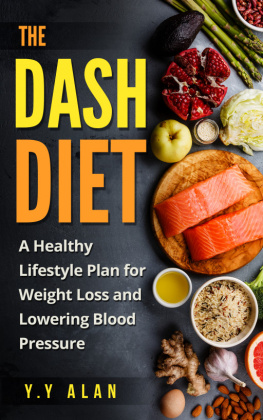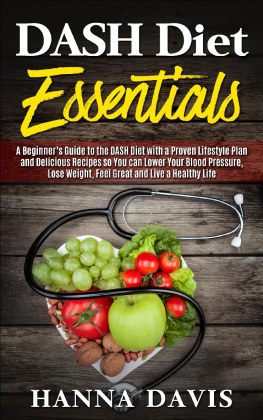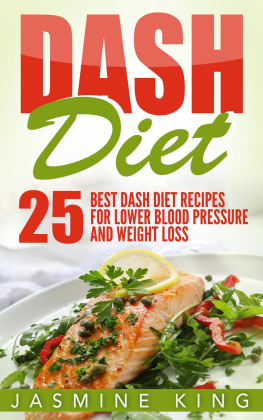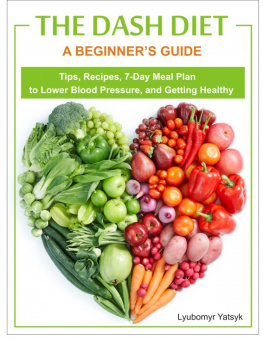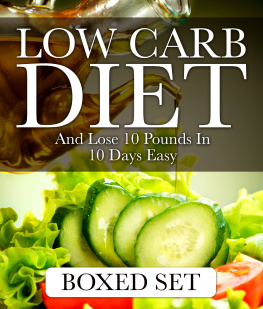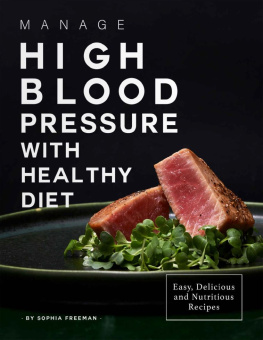Introduction
W hy is it right to follow a proper diet? To be thin? To be more beautiful? To be comfortable with a costume? These are all plausible reasons, but not entirely correct. Proper nutrition can bring much deeper benefits than a slim silhouette. We define the concept of right and correct nutrition: the right diet is a diet that brings to the body all the nutrients it needs, based on the specific needs of a person. Every food that interacts with your body generates a particular effect, so nourishing the body with suitable menus, defined according to lifestyle, body type, and health needs generates deep well-being and can make you feel more active and in form.
You must think that your body is like a car and food is its fuel: how not to feed your car with the wrong fuel, in the same way, your body needs a fuel that is adequate to its needs. Food does not have the same effect on anyone and find out what the right nutrition is for you can change and significantly improve the quality of your life. This book will give you a golden chance to be guided to healthy living with Plant-Based Diet and advantages of this type of food choice, which are more significant the more the diet is based on plant foods taken in a different manner, rather than on animal derivatives.
In this book, we will also illustrate the following to mention a few:
- The Health Benefits of Plant-Based Diet
- Going Forward with Plant-Based Diet
- Easy Way to Add Plant-Based Diet to Your Food
- Planning Plant-Based Meals
- Ways to Involve Your Family with Plant-Based Diet
- Why You Need to Let Go of the Foods That No Longer Benefits Your Health
Composition of the plant-based diet
A well-planned plant-based diet is mainly based on foods of plant origin, consumed in various ways and better if in a primary or complete form: cereals, legumes, vegetables, fruit, nuts and oilseeds, algae. Those who choose this variant also consume indirect animal foods, i.e., milk, and its derivatives, eggs and their derivatives, while all types of animal meat and derivatives (mammals, birds, fish, and crustaceans) are excluded.
Some of the Health Benefits
The exclusion of meat-based foods from the plant-based diet favors a higher consumption of plant foods that provide protective nutrients. The harmful effects on the body of some nutrients contained in animal foods (saturated fats, cholesterol, animal proteins, and iron haem, as well as environmental toxicants), which represent risk factors of the leading chronic diseases (cardiovascular diseases, hypertension, obesity, diabetes, some types of cancer, etc.).
Would you like to know more?
Enjoy the reading and find out what the advantages of a 100% plant-based diet are in detail and how to get the most for your health through an optimal, varied, and tasty diet!
Chapter 1
Defining Plant-Based Diet
For a better world, the revolution starts from the table. Yes, eating less meat and more fruit and plant-based food could benefit both human health and the environment.

A lthough it is difficult to make the whole world converge towards a diet plant-based. Besides, starting to take the first steps towards a more sustainable and environmentally friendly diet would already be a good result that would lead to avoiding the death of 5.1 millions of people a year in addition to lowering greenhouse gas emissions from global warming by 29%. The number of lives saved increases for those who follow a plant-based diet with 7.3 million. Fewer deaths per year and a reduction in emissions of 63% to arrive at 8.1 million victims if we embrace plant diet while, for what concerns the safeguarding of the planet, the gap widens and the advantages would be remarkable given that the decrease of those harmful gases would be 70%.
The benefits of this revolution could be touched as much from the health point of view as from the environmental and economic point of view. Every year we would save prominent figures, between 700,000,000,000 and 1 trillion dollars for medical expenses and days' work lost without forgetting that the change of diet would be able to reduce the risk of contracting tumors, cardiovascular diseases, and diseases linked to obesity. So everyone has his choice.
What is Plant-Based Diet?
A plant-based diet is a diet in which ideally 2/3 of the food consumed is vegetable-based. You don't have to be a vegetarian to enjoy the benefits of a plant-based diet. It is not a question of eliminating products of animal origin, but of merely balancing the content of your meals. While fruits and vegetables occupy a large slice of a plant-based diet, there are many other delicious plant foods to taste, such as beans, fruit, vegetables, nuts, and seeds but also plant alternatives to milk-based products to add variety and help receive the nutrients we need. For optimal health, we recommend a varied and balanced diet and a healthy lifestyle. To find inspiration for a plant-based diet.
Regardless of why people are following a plant diet, it is essential to understand that this diet has important physiological implications. Plant diets provide higher amounts of specific vitamins, minerals, phytonutrients, antioxidants, essential fatty acids, and much more. By eating more plant foods, people are denigrating foods high in sugar and high in bad fats. I do not say that these people ban all products of animal origin, but reduce their diet by favoring those of plant origin. This lifestyle has advantages of reducing cardiovascular diseases, cancers, diseases of the intestine,
Ecological Advantages of Plant-Based Food
Some people choose a plant diet because of their concerns about the effect of the meat industries on the global environment. Due to the strong demand for meat in developed nations, meat production has evolved from small family farming operations to a broader agri-food system. Critics point to the environmental costs of agribusiness, including the extensive uses of water and cereals for animal feed, greenhouse gases such as methane and other waste produced by the animals themselves, and increased land use to support the cattle.

It is a known fact that the plant diets are more environmentally friendly and sustainable diets rich in animal products, as they use little natural resources and are attached with less environmental damage. The current world consumption of foods with a high content of meat and dairy products is considered by some to be unsustainable, and many scientists are asking for a substantial reduction in the consumption of products of animal origin. Compared to omnivorous diets, plant diets use less water and fossil fuels and use fewer pesticides and fertilizers. For example, replacing beans with beef in the diet would significantly reduce the environmental footprint worldwide. To produce 1 kg of protein from beans, 18 times less earth is required, ten times less water, nine times less fuel, 12 times less fertilizer, and ten times fewer pesticides compared to the production of 1 kg protein in beef.
Precautions to Avoid Nutritional Deficiencies with Plant-Based Diet
Although the plant-based diet can be healthy, it also presents many challenges. By limiting the consumption of meat and dairy products, it is easy to run into nutritional deficiencies, especially for people who adopt a plant diet.

